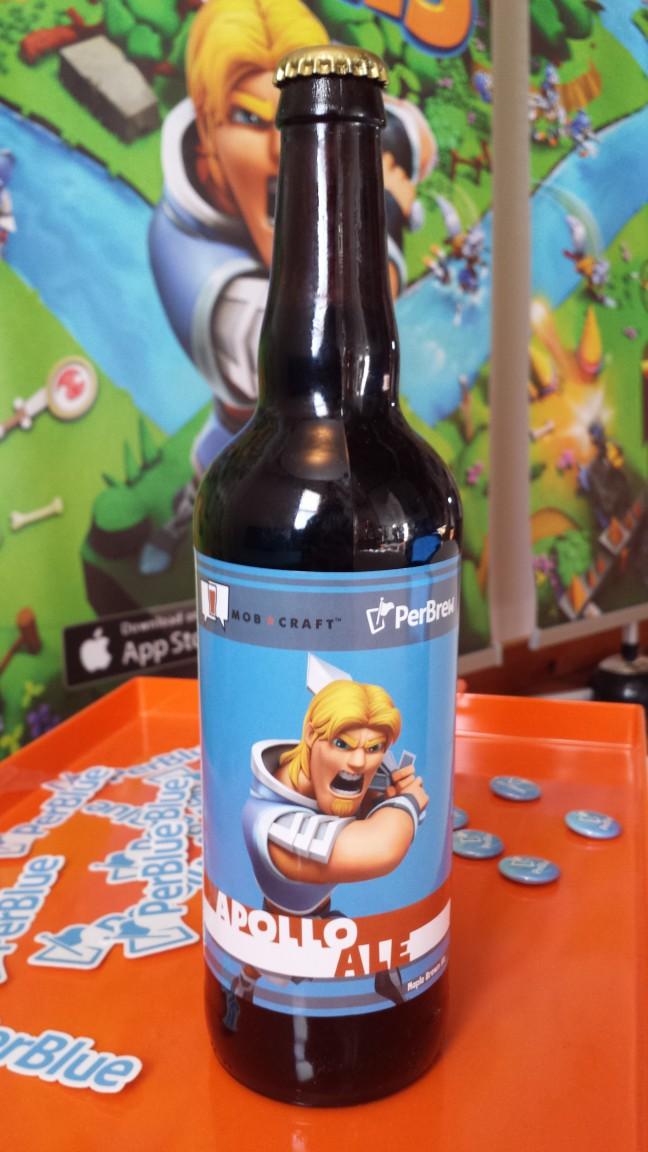Instead of taking jobs in Silicon Valley, young tech entrepreneurs are increasingly staying in Madison, drawing from the University of Wisconsin’s pool of talent for new hires and taking advantage of the city’s affordability.
New startups such as PerBlue, a mobile gaming company co-founded in 2008 by UW graduates Forrest Woolworth, Justin Beck and Andrew Hanson, represent a burgeoning young enterprise culture that is reversing the losses for the Madison community from an exodus of UW technology graduates to the west.
After graduating from UW with a degree in computer science and computer engineering, Woolworth, the current COO of PerBlue, decided a Silicon Valley career was not ideal for him after completing an internship in San Jose, California.
“[Silicon Valley] is this seemingly mythical and magical place, but once you get out there, you realize it’s pretty much just a bunch of urban sprawl and suburbia basically, and there are definitely trade-offs, and you actually realize that Madison has these really cool perks,” he said.
In 2008, Woolworth, Beck and Hanson saw the potential the new iPhone brought to the technology industry. While still undergraduates, they began to work on a side project called Parallel Kingdom, a role-playing game. In 2009, Woolworth said they decided to pursue it full time, when they created PerBlue.
The company currently has 22 employees, has received a $3 million investment, and its new game, Titan Empires, reached 1 million users, according to a UW statement.
As software engineers, Woolworth said he and the co-founders of PerBlue were not concerned with the risk involved in turning down job offers to found a startup in Madison.
“Our thought was it was like working in what the Internet space was in the mid-nineties, and how much potential the Internet had at that time,” he said. “If it doesn’t work, Microsoft will always be there. We can always go get jobs out west in a year or two years.”
Woolworth said Madison is an ideal city to start a company not only because of its lifestyle, affordability and availability of talented graduates, but also because there are fewer firms to compete with for recruits. This was a problem he said he saw in the talent-saturated Silicon Valley, where high turnover rates are the consequence of employees chasing every new opportunity.
Not only are those connected with the university taking advantage of the burgeoning tech scene in Madison, but the city’s startups have also begun attracting professionals from across the nation.
Matt Ricchetti, a graduate of Brown University and a former executive at Glu Mobile in San Francisco, decided to join PerBlue and make Madison his home. To him, working in smaller firms in which he can have more hands-on experience is more valuable than working in the more competitive Bay Area scene, he said.
“I think PerBlue is representing this overall shift of people who want to work in small but stable [areas],” Ricchetti said.
Many big companies in the Bay Area are outsourcing a lot of their development to India and East Asia, or even places like Madison, Ricchetti said.
Ald. Scott Resnick, District 8, who is also the vice president at a Madison software company, noted the opportunities these startups provide for UW graduates.
“I believe it’s what can reverse the brain drain here in Madison and Wisconsin,” he said. “I interact with a number of students who simply want to stay and reside in Madison. These tech companies provide jobs not only to engineers, but also sales associates, marketers, communication majors, even some journalists.”














